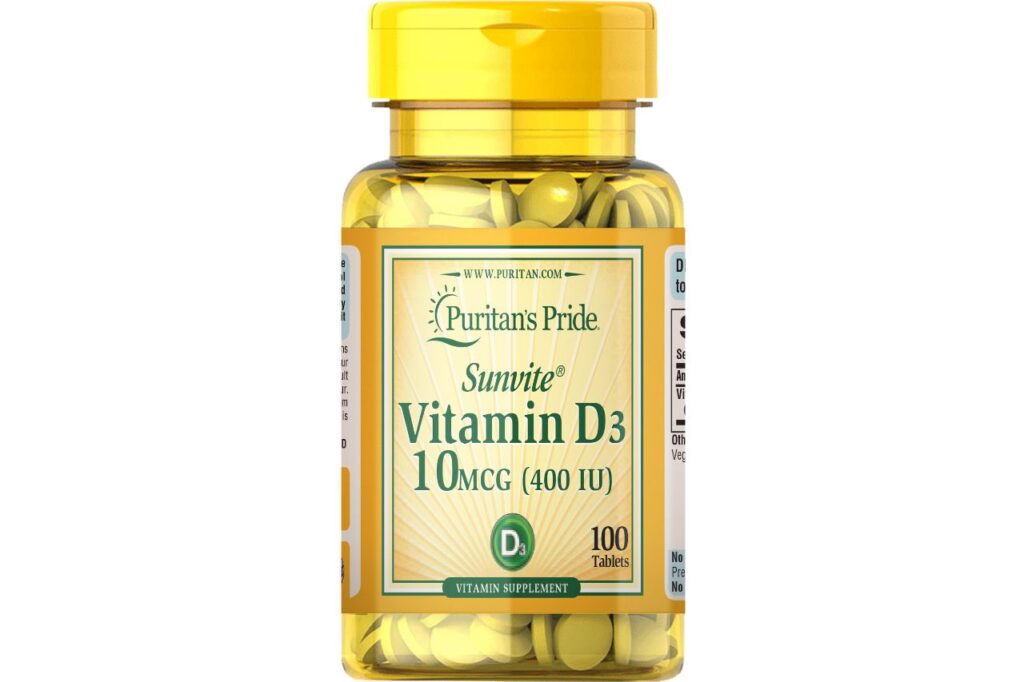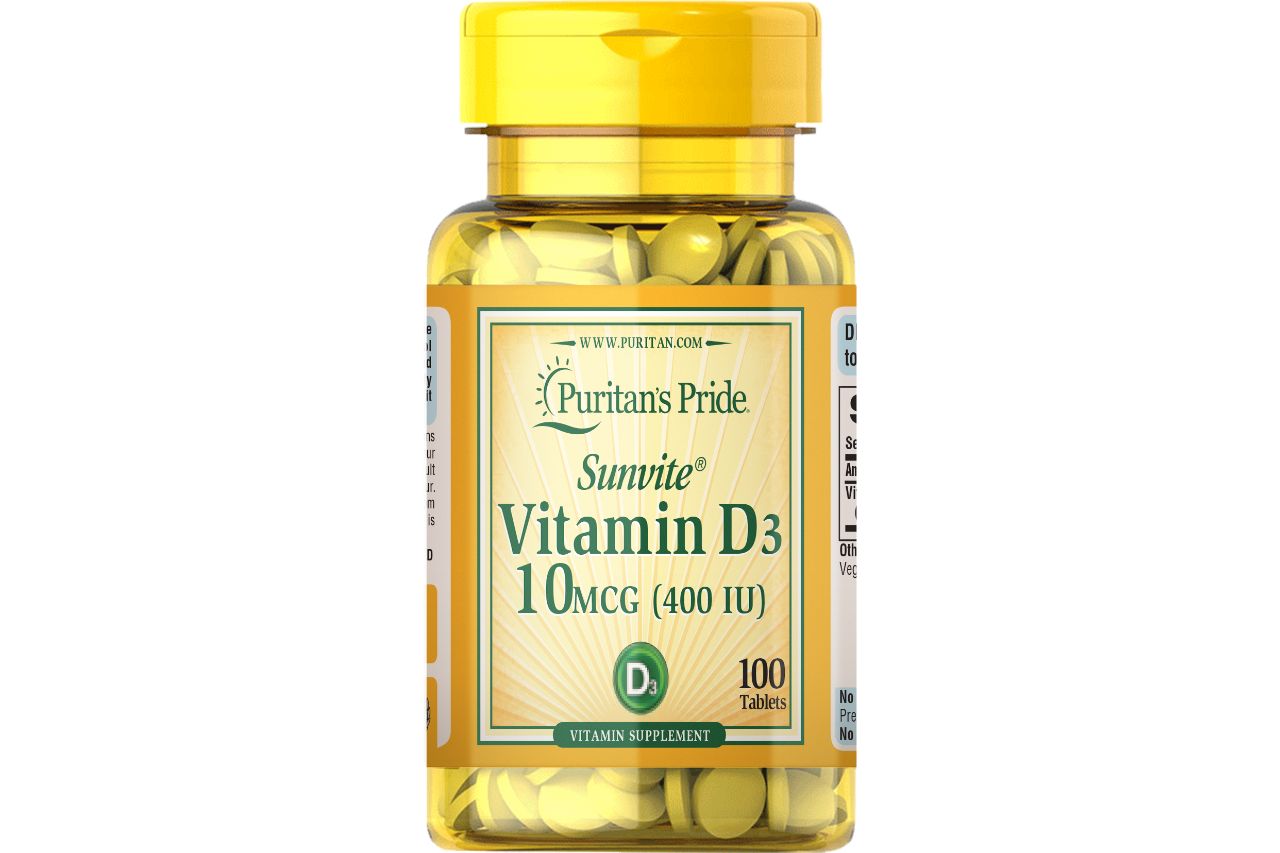
Hormonal Imbalance Supplements: Do They Really Work?
Hormonal imbalances are a pervasive issue affecting millions worldwide, impacting everything from mood and metabolism to reproductive health. With the rise of easily accessible information, many are turning to hormonal imbalance supplements as a potential solution. But the crucial question remains: do these supplements actually work, and are they a safe and effective way to restore hormonal harmony? This article delves into the science behind hormonal imbalance supplements, exploring their efficacy, potential risks, and the importance of seeking professional medical advice before starting any new regimen.
Understanding Hormonal Imbalances
Before considering supplementation, it’s essential to understand what constitutes a hormonal imbalance. Hormones are chemical messengers that travel through the bloodstream to tissues and organs, regulating various bodily functions. When these hormones are either overproduced or underproduced, it can lead to a wide range of symptoms.
Common Causes of Hormonal Imbalances
- Age: Hormonal fluctuations are a natural part of aging, particularly during puberty, menopause, and andropause.
- Stress: Chronic stress can disrupt the endocrine system, leading to imbalances in cortisol, insulin, and other hormones.
- Lifestyle Factors: Diet, exercise, sleep, and exposure to environmental toxins can all influence hormonal balance.
- Medical Conditions: Certain medical conditions, such as polycystic ovary syndrome (PCOS), thyroid disorders, and adrenal fatigue, can directly impact hormone production.
Popular Hormonal Imbalance Supplements
The market is flooded with supplements claiming to balance hormones. Here’s a look at some of the most popular options and the scientific evidence supporting their use:
Vitex (Chasteberry)
Vitex, also known as chasteberry, is a popular herbal remedy often used to alleviate symptoms of premenstrual syndrome (PMS) and menopause. Some studies suggest that vitex may help regulate the menstrual cycle and reduce breast tenderness, mood swings, and headaches associated with hormonal fluctuations. However, more research is needed to fully understand its long-term effects and optimal dosage. Many women experiencing PMS symptoms consider this a viable hormonal imbalance supplement.
Black Cohosh
Black cohosh is another herbal supplement commonly used to manage menopause symptoms, such as hot flashes, night sweats, and vaginal dryness. While some studies have shown promising results, others have found little to no benefit. The effectiveness of black cohosh may vary depending on the individual and the specific product used. It’s frequently discussed as a potential hormonal imbalance supplement, particularly for women in perimenopause.
DIM (Diindolylmethane)
DIM is a compound derived from cruciferous vegetables like broccoli and kale. It is believed to promote healthy estrogen metabolism by shifting estrogen production towards a more beneficial balance. Some proponents claim that DIM can help reduce the risk of estrogen-related cancers and alleviate symptoms of estrogen dominance, such as weight gain and mood swings. However, scientific evidence supporting these claims is limited, and more research is necessary. Some consider DIM a helpful hormonal imbalance supplement for estrogen-related issues.
Magnesium
Magnesium is an essential mineral involved in hundreds of bodily functions, including hormone regulation. It plays a crucial role in the production and utilization of hormones like insulin, cortisol, and estrogen. Magnesium deficiency is common and can exacerbate hormonal imbalances. Supplementing with magnesium may help improve insulin sensitivity, reduce stress, and alleviate PMS symptoms. It’s often recommended as a general hormonal imbalance supplement due to its wide-ranging benefits.
Omega-3 Fatty Acids
Omega-3 fatty acids, found in fish oil and flaxseed oil, have anti-inflammatory properties that can benefit hormonal health. They may help improve insulin sensitivity, reduce inflammation associated with PCOS, and support overall hormone production. While omega-3s are not a direct hormonal imbalance supplement, their supportive role in reducing inflammation can indirectly benefit hormonal balance.
Adaptogens (Ashwagandha, Rhodiola)
Adaptogens are herbs that help the body adapt to stress. Ashwagandha and Rhodiola are two popular adaptogens that may help regulate cortisol levels, reduce anxiety, and improve energy levels. By mitigating the negative effects of stress on the endocrine system, adaptogens can indirectly support hormonal balance. Many individuals use adaptogens as part of their hormonal imbalance supplement regimen.
The Importance of Consulting a Healthcare Professional
While hormonal imbalance supplements may offer some benefits, it’s crucial to consult with a healthcare professional before starting any new regimen. Self-treating hormonal imbalances can be risky, as it may mask underlying medical conditions or interact with other medications. A healthcare provider can accurately diagnose the cause of your hormonal imbalance and recommend the most appropriate treatment plan. They can also monitor your progress and adjust your treatment as needed.
Furthermore, not all supplements are created equal. The quality and purity of supplements can vary widely, and some products may contain harmful contaminants. A healthcare professional can recommend reputable brands and ensure that you are taking a safe and effective product.
Potential Risks and Side Effects
Like any medication or supplement, hormonal imbalance supplements can have potential risks and side effects. Some common side effects include:
- Digestive upset (nausea, bloating, diarrhea)
- Headaches
- Skin rashes
- Interactions with other medications
- Allergic reactions
In rare cases, some supplements have been linked to more serious side effects, such as liver damage or blood clots. It’s essential to be aware of these risks and to report any unusual symptoms to your healthcare provider.
Lifestyle Changes for Hormonal Balance
In addition to hormonal imbalance supplements, lifestyle changes can play a significant role in restoring hormonal harmony. Consider the following strategies:
- Diet: Eat a balanced diet rich in whole foods, including fruits, vegetables, lean protein, and healthy fats. Limit processed foods, sugary drinks, and excessive caffeine or alcohol.
- Exercise: Engage in regular physical activity, including both cardiovascular exercise and strength training. Exercise can help improve insulin sensitivity, reduce stress, and promote healthy hormone production.
- Sleep: Aim for 7-9 hours of quality sleep per night. Sleep deprivation can disrupt hormone levels and exacerbate hormonal imbalances.
- Stress Management: Practice stress-reducing techniques such as yoga, meditation, or deep breathing exercises. Chronic stress can wreak havoc on the endocrine system.
- Limit Exposure to Environmental Toxins: Minimize exposure to endocrine-disrupting chemicals found in plastics, pesticides, and personal care products.
The Future of Hormonal Imbalance Treatment
The field of hormonal imbalance treatment is constantly evolving. Researchers are exploring new and innovative approaches to restore hormonal harmony, including personalized hormone therapy, targeted supplements, and advanced diagnostic techniques. As our understanding of the endocrine system deepens, we can expect to see more effective and targeted treatments for hormonal imbalance in the future.
Conclusion
Hormonal imbalance supplements may offer some relief for individuals experiencing hormonal fluctuations, but they are not a magic bullet. It is crucial to approach supplementation with caution, consult with a healthcare professional, and prioritize lifestyle changes that support overall hormonal health. By taking a holistic and evidence-based approach, you can increase your chances of restoring hormonal balance and improving your overall well-being. Remember to always prioritize professional medical advice before starting any hormonal imbalance supplement or making significant changes to your diet or lifestyle. A balanced approach, combining lifestyle modifications with carefully considered supplementation under medical guidance, offers the best path towards hormonal health.
[See also: Natural Ways to Balance Hormones]
[See also: Understanding PCOS and Treatment Options]
[See also: The Role of Diet in Hormonal Health]

